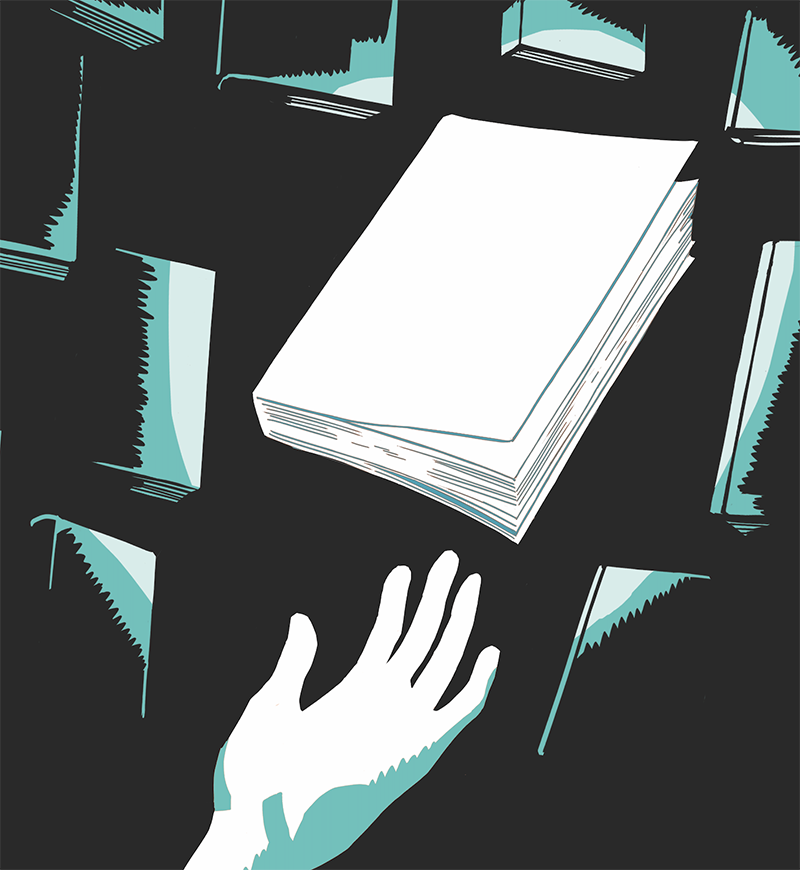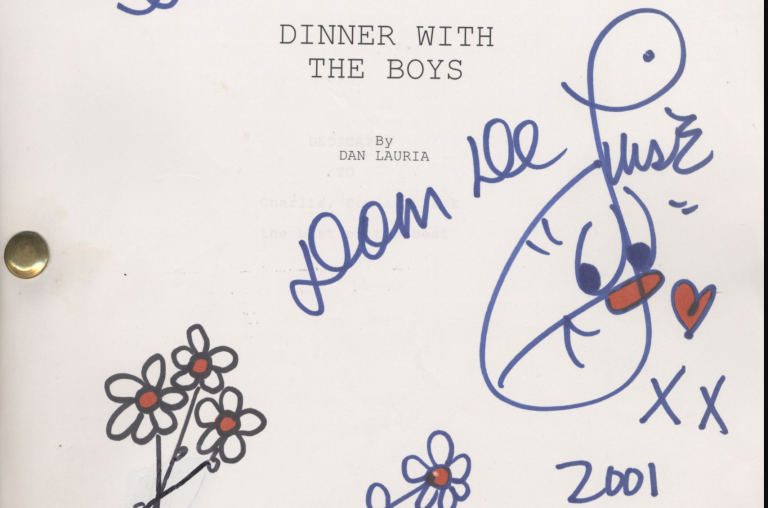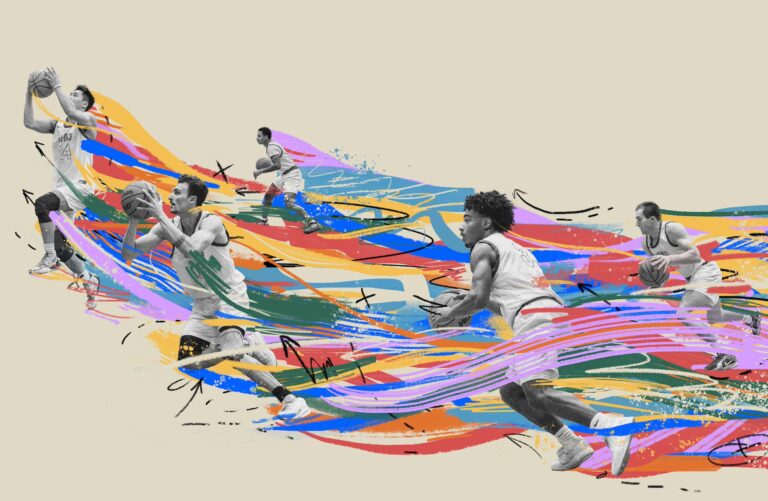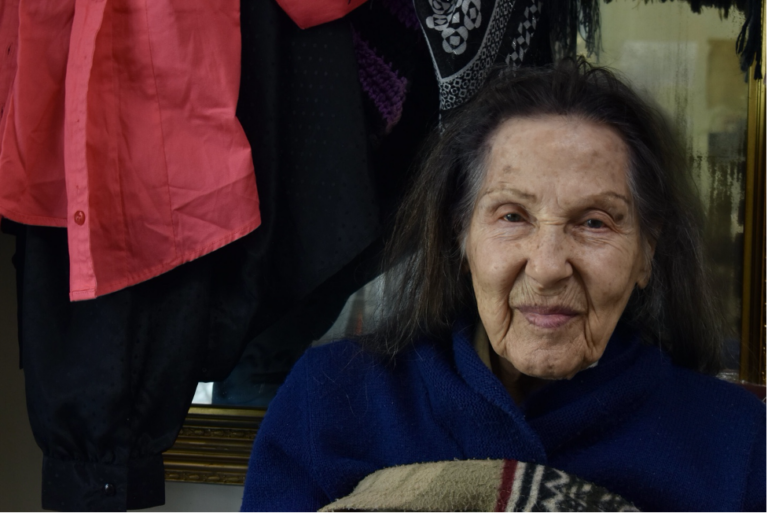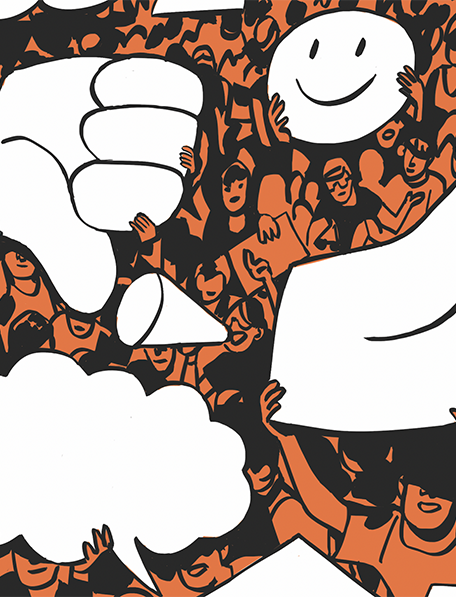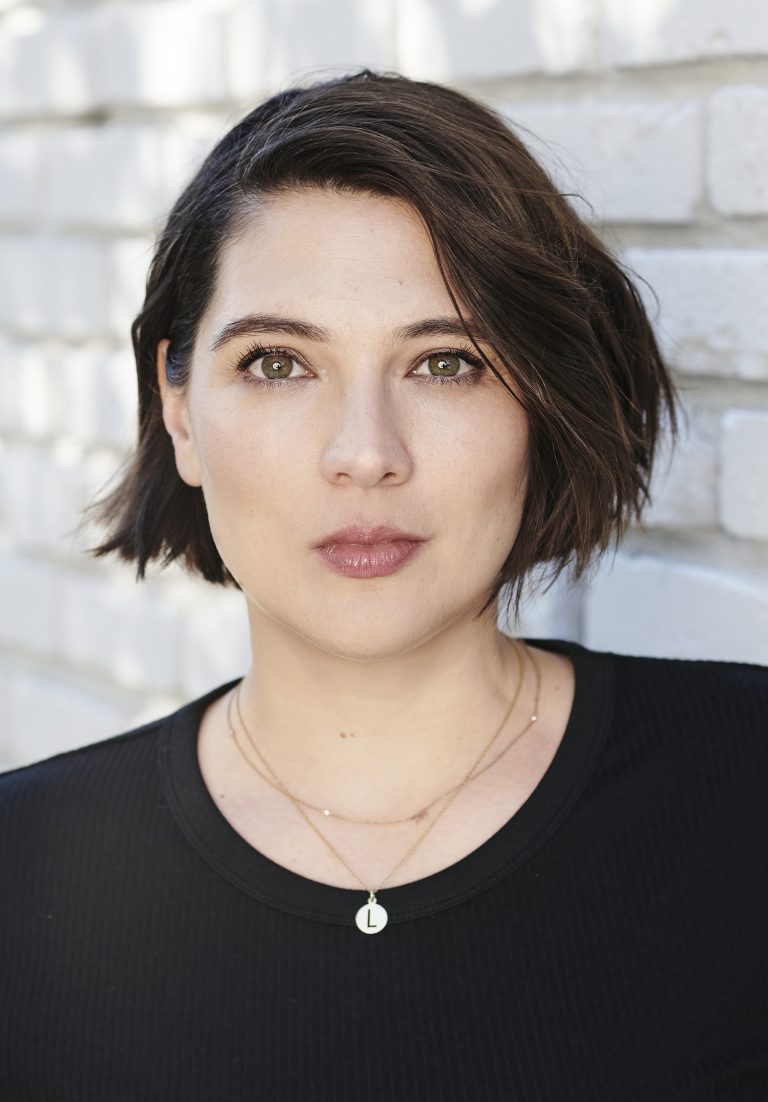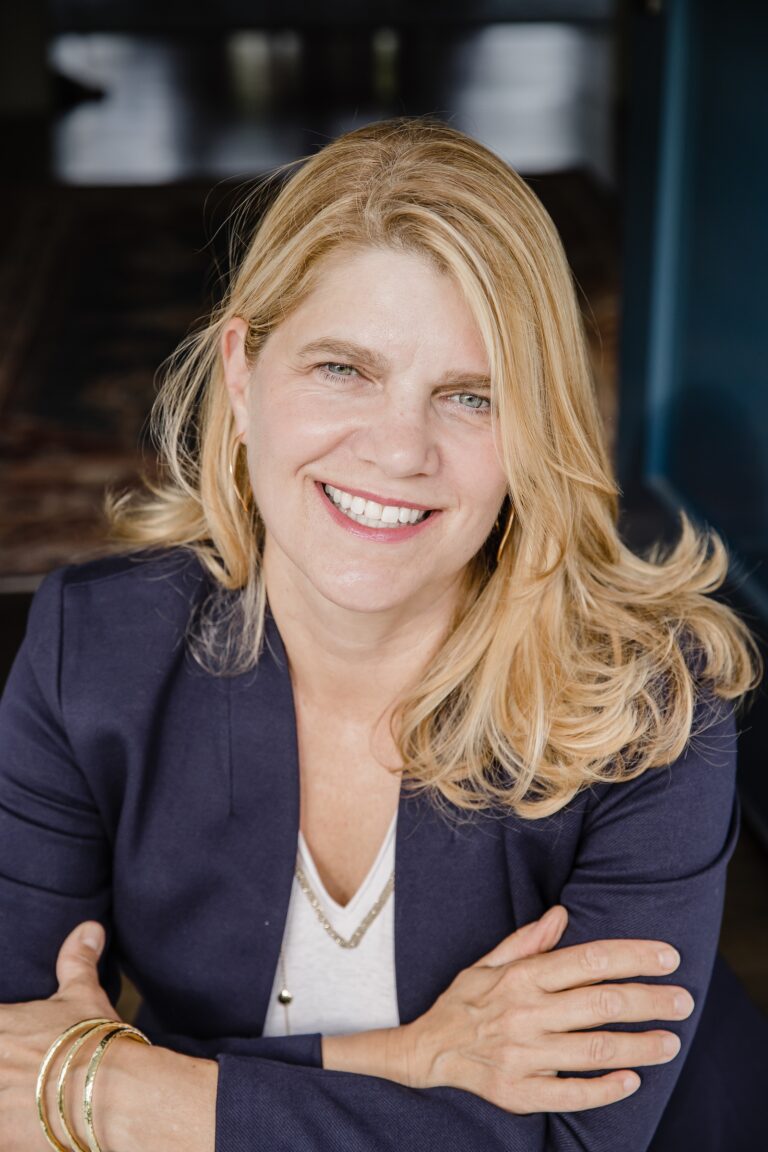An Easier Way to Discover Books
John Rodzvilla, Assistant Professor, Writing, Literature and Publishing at Emerson
WHAT’S YOUR BIG IDEA?
The Gut (Grand Unified Theory)
WHY IS IT IMPORTANT?
It would solve the biggest bugaboo in book publishing: discoverability.
You’ve searched and searched for your favorite book from your childhood. All you can remember is live-action photos of a little girl whose cat had kittens that slept in a hay-filled dresser drawer. Also, the little girl went to a birthday party.
You’re striking out with Amazon, Google, and Goodreads. Enter John Rodzvilla’s big idea.
“It is the holy grail of creating some kind of grand unified theory of discoverability. It would basically make it so every book ever published could be found and linked with every other book,” said Rodzvilla, assistant professor of Writing, Literature and Publishing.
Unlike Amazon, which uses reader recommendations and reviews to suggest other books to users, The Gut would use metadata of books to learn about similar authors. The Gut would be available in multiple languages so users could find, for instance, French dystopian sci-fi about robots beholden to Asimov’s Laws.
The Gut would create functionality built into books to share metadata with readers about genres, lead characters, plots, length, book covers, and more. Users could discover where they can buy or borrow the book, where the book’s been discussed, and translators’ bibliographies.
“Japanese writer Haruki Murakami has had three translators for English versions of his books. They’re all different, and people have their preferences. But you also don’t know what else they’ve translated,” Rodzvilla said.
The Gut would also help publishers, editors, literary agents, and authors answer one of their most commonly asked questions: Has this book been written before?
“It’s ‘I was thinking about writing a book about zombie werewolves. What other books are out there about zombie werewolves?’” explained Rodzvilla.
“I want Spotify for books. You could say, ‘I’m interested in techno-futurism with a female lead character who is disabled. Who’s writing [in that genre]?’” Rodzvilla said. “[Or you could find out] who’s still writing Westerns. Or tech journalism?”
Rodzvilla said genre writers, agents, and publishers are often separated into their own silos. The Gut would bring them all together in one place.
“That’s the dream I’ve had forever,” he said.

